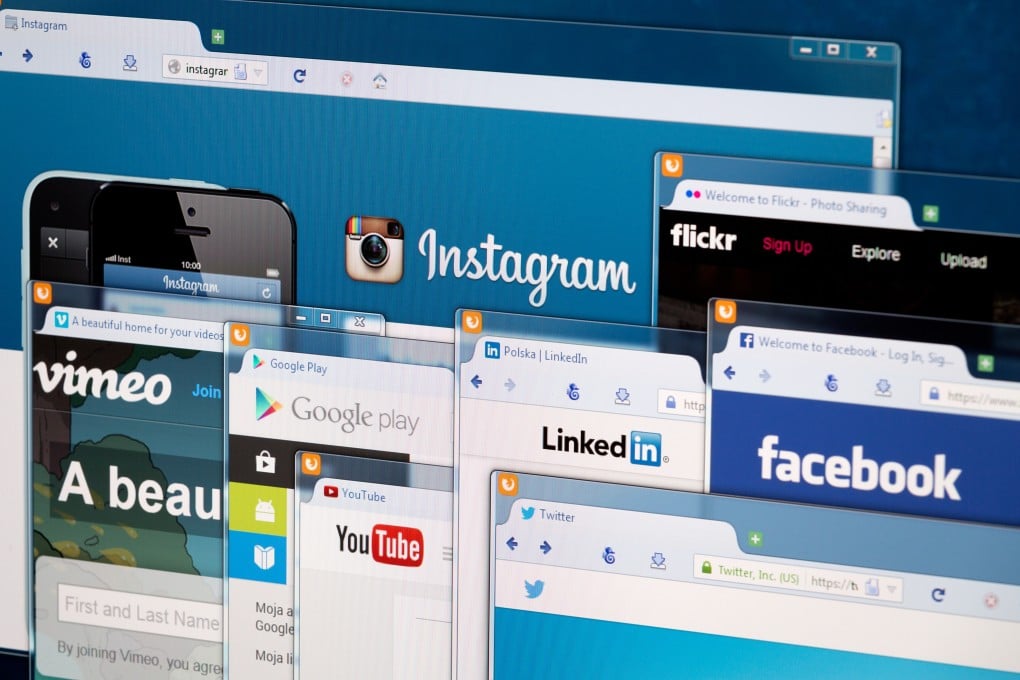Facebook on blockchain? A real estate mogul is pouring US$100 million into decentralising social media
- Frank McCourt, former owner of the Los Angeles Dodgers, is investing in Project Liberty to create the Decentralised Social Networking Protocol
- The idea, similar to one endorsed by Twitter CEO Jack Dorsey, is to increase social media competition by making it easy for users to hop between services

Frank McCourt, the billionaire real estate mogul and former owner of the Los Angeles Dodgers, is pouring US$100 million into an attempt to rebuild the foundations of social media. The effort, which he has loftily named Project Liberty, centers on the construction of a publicly accessible database of people’s social connections, allowing users to move records of their relationships between social media services instead of being locked into a few dominant apps.
Project Liberty would use blockchain to construct a new internet infrastructure called the Decentralised Social Networking Protocol. With cryptocurrencies, blockchain stores information about the tokens in everyone’s digital wallets; the DSNP would do the same for social connections. Facebook owns the data about the social connections between its users, giving it an enormous advantage over competitors. If all social media companies drew from a common social graph, the theory goes, they’d have to compete by offering better services, and the chance of any single company becoming so dominant would plummet.
Building DSNP falls to Braxton Woodham, the co-founder of the meal delivery service Sun Basket and former chief technology officer of Fandango, the movie ticket website. Woodham had been toying with the idea of building something like DSNP, but didn’t imagine anyone would be interested in investing in it. When he mulled the idea over with McCourt, he says, “I just thought we were talking about our daydreams, I didn’t think it was something we’d actually do.”
Instead, McCourt hired Woodham to build the protocol, and pledged to put US$75 million into an institute at Georgetown University in Washington, DC, and Sciences Po in Paris to research technology that serves the common good. The rest of his US$100 million will go toward pushing entrepreneurs to build services that utilise the DSNP. McCourt calls this his third attempt to fix social media, after previously investing in tech companies he thought would help transform the way people interact online. His previous attempts convinced him that entrepreneurs must be supported by academic thinkers exploring the industry’s biggest ethical questions.
